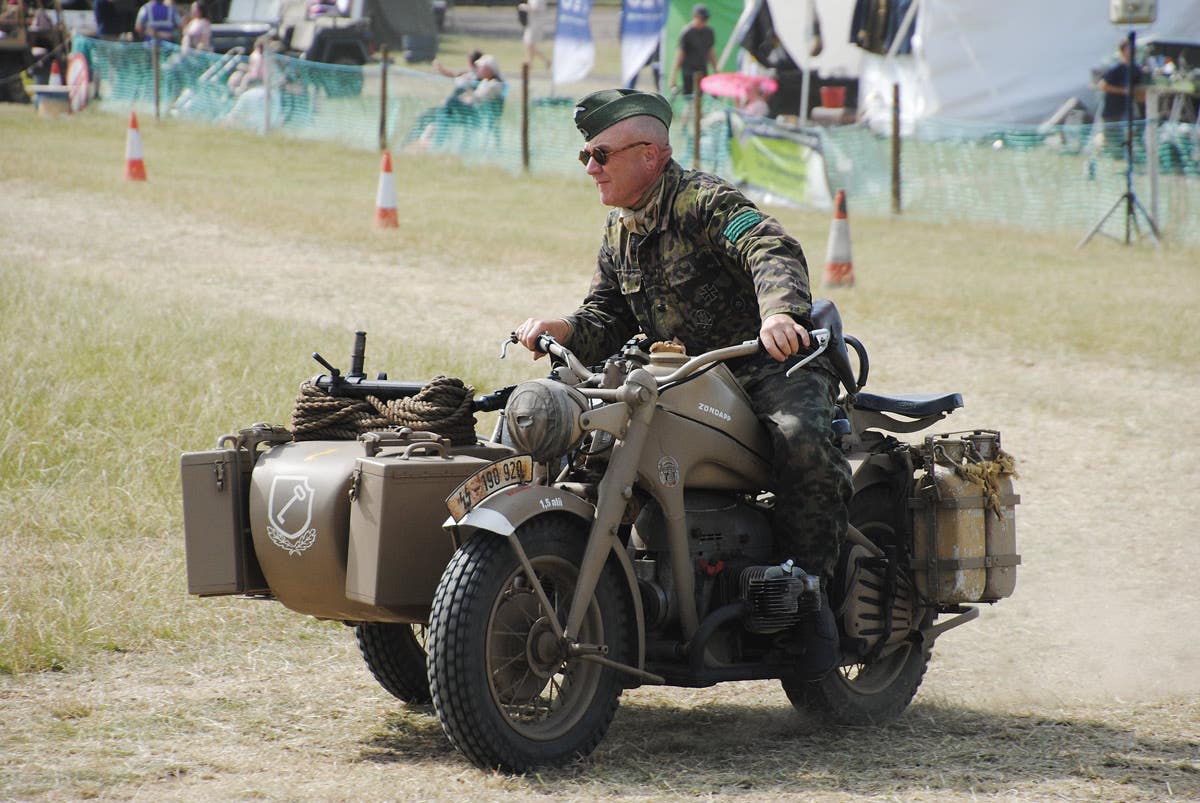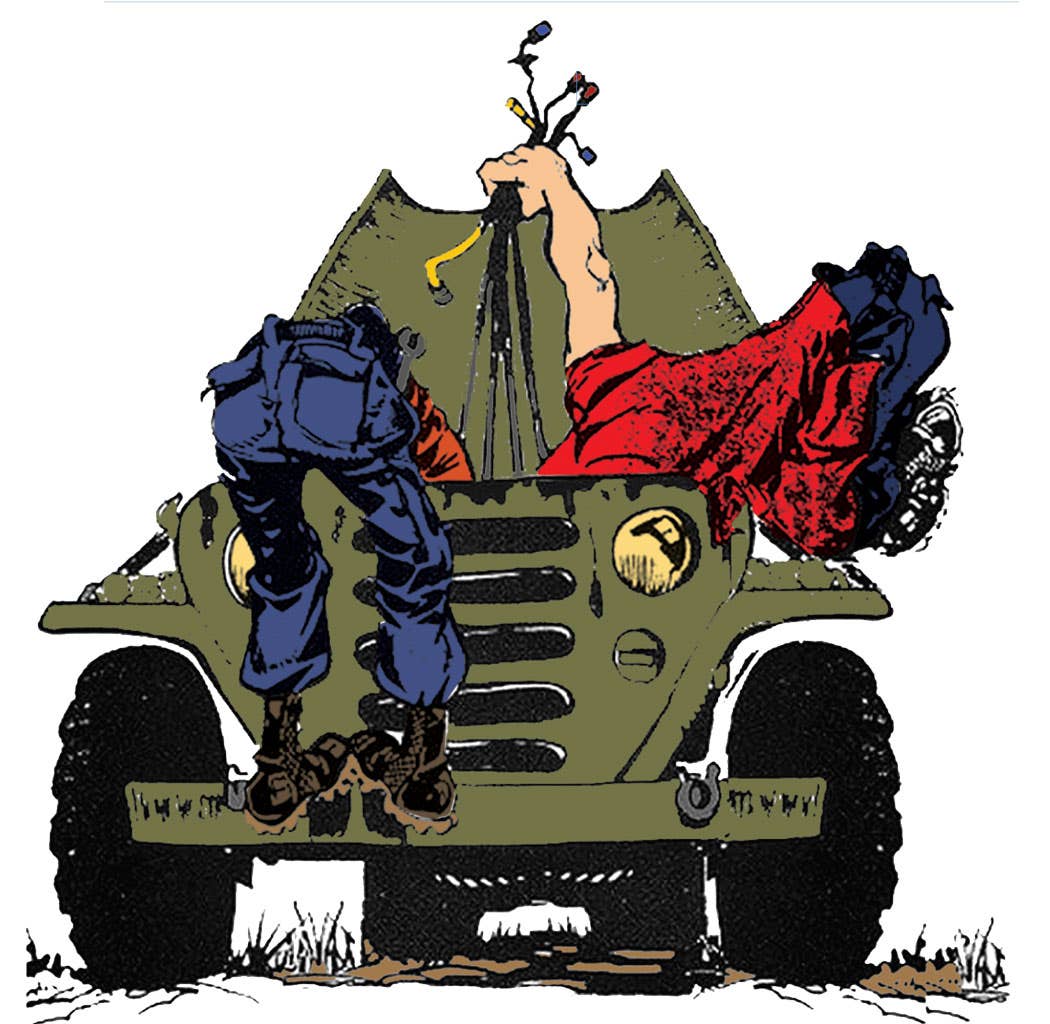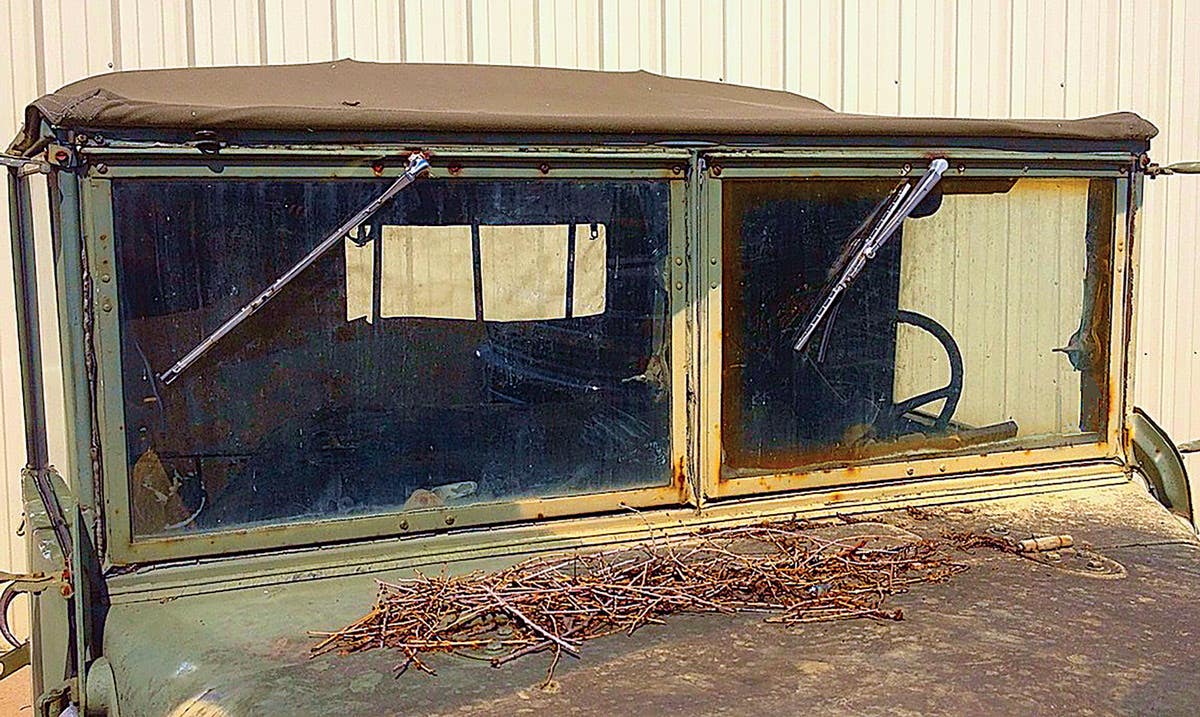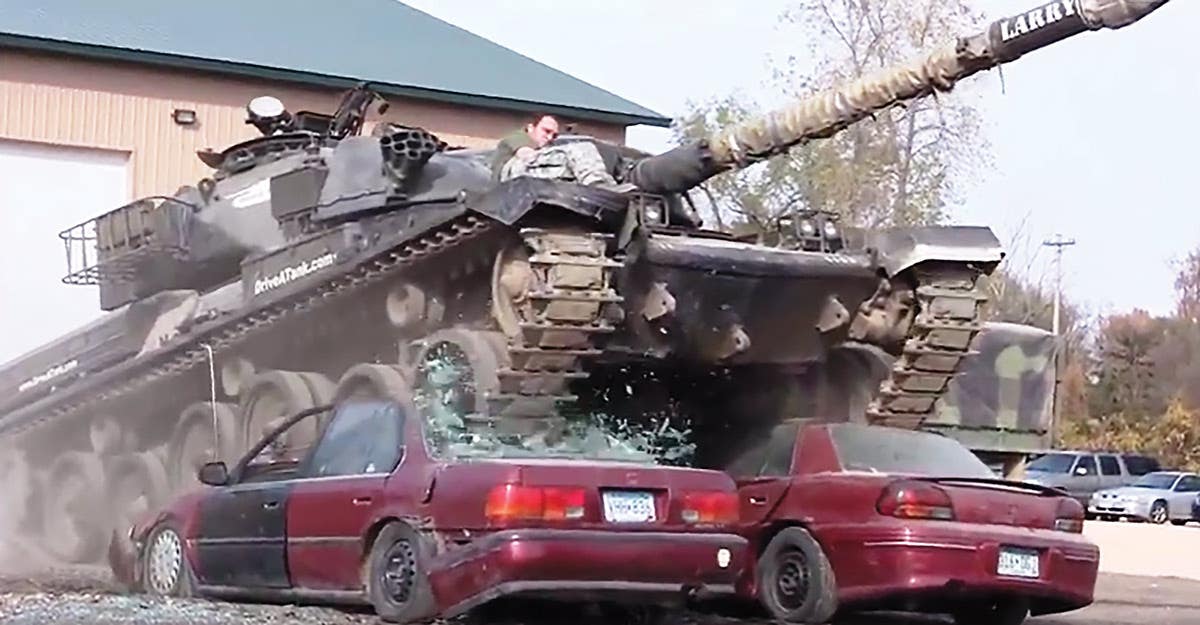An M37 Joins the Family
In 2010, I attended the MVPA Convention in Topeka, Kans., where I saw a 1953 M37 for sale. The Kansas Wildlife and Forestry Department owned it and had loaned it to a rural volunteer department. This began a long, interesting odyssey towards restoration.
by Bill Nestelroad & Ellen McCue
My first experience with military vehicles began in 1987, when I joint a Civil War reenactment group. I know — there weren’t any motorized vehicles back then, but I that is how I met Kevin Lockwood (now, an MVPA officer). We were Rebels on the weekend when Kevin and I struck up a friendship. After many years, Kevin told me that he and some buddies in Great Bend had formed a WWII reenactment group. was I interested in joining? I quickly replied, “Yes!”
When I joined Kevin and his group at my first WWII reenactment, I discovered the unit depicted an armored group — they rode everywhere! I was hooked.
I told Kevin how I would love to own a military vehicle. About three months later, Kevin called to tell me he had found two Jeeps: A 1943 MB and a 1944 GPW. His question was, “Are you interested in one?” I said I would love to have the Ford. He sent me pictures of it, and I bought it. Kevin and his buddies restored the Jeep for me — it is great!
My wife became interested in the Jeep. But, after attending some parades and car shows, she mentioned she really liked the 3/4-ton WWII Dodges. We looked and looked for one but had no success.
Then, in 2010, I attended the MVPA Convention in Topeka, Kans., where I saw a 1953 M37 for sale. The Kansas Wildlife and Forestry Department owned it and had loaned it to a rural volunteer department. They had painted the truck a florescent orange. I took pictures of this vehicle and tucked them away — still hoping to find that perfect Dodge.
In 2012, I happened to show the pictures to my wife. She “drooled” over it and said she loved it.
Thank goodness I had taken pictures that showed the phone number on the windshield. I called the number. Harry Bellman, the owner, said he had it and it was still for sale! We hooked up a trailer to our truck and headed off on the 150-mile journey to inspect the truck to see if it was “the one.”
It was. We loaded the M37 on our trailer and headed home to Wichita.
The plan was to give the truck a quick paint job and replace the canvas. But, the tires were shot, and the wiring was almost non-existent.
So, the parts started to come off. As we removed each, we took them to Soft Strip in Wichita for bead-blasting. From there, they went to Best Body Shop in Wichita for painting. The process took about 4 years.
I bought a new wiring harness from Vintage Wiring of Maine (now located n Silas, Alabama). All of the replacement parts came from Vintage Power Wagon of Fairfield, Iowa. I even visited them once to pick up parts — just to meet the “voice on the phone.” They were great in answering questions and offering suggestions on how to remove and reinstall parts.
We also took a 3-day trip to Texas to pick up paint from RAPCO Parts in Bowie, then on to Dallas to pick up tires.
This made for a nice, short trip away from home.
When the truck quit running, I called a friend who owns Al’s Automotive in Conway Springs, Kans. After rebuilding the carburetor, he was able to get the beast back on the road.
RESTORATION TAKES COMMITMENT
The restoration of our M37 was a five-year commitment. It wasn’t hard taking the parts off of the truck, though it involved a lot of WD-40, latex gloves, and busted knuckles in addition to lots of trips to the bead-blaster and the painter.
The greatest challenge was that he had to install parts 3 and 4 times! We would put on a part, then take it off because we used the wrong bolts, or because we realized we had to install some other part before we could reinstall the first part. But, we really worked well together. More times than not, my wife would say, “Can we go to the garage today and work on the M37?”
The other thing we found out in the beginning was that the garage at our house were not big enough for the Dodge, so we had to find a garage where we could store it, the GPW, and the all of the parts.
We both truly believe this experience has been a good thing for our marriage. We still go over to the garage to wipe off the dust — or, weather permitting, take it out for a ride. It makes a marriage even better when you have something in common besides the grandchildren — who, by the way, love riding in Grandma’s M37.
Ellen will tell you that she is the truck’s owner — and I agree. She is the one who drives it and loves doing so! She says it makes her think of her younger days when she drove her Dad’s feed truck on the family farm.
We drive the truck in parades, take it to car shows, and display it at Kansas Honor Flight fund raisers where we let people sit in it for a donation.
As a staunch Ford driver, I have to admit: The Dodge is a great ride. We are still looking for that perfect WWII Dodge.
You may also enjoy
*As an Amazon Associate, Military Trader / Military Vehicles earns from qualifying purchases.







